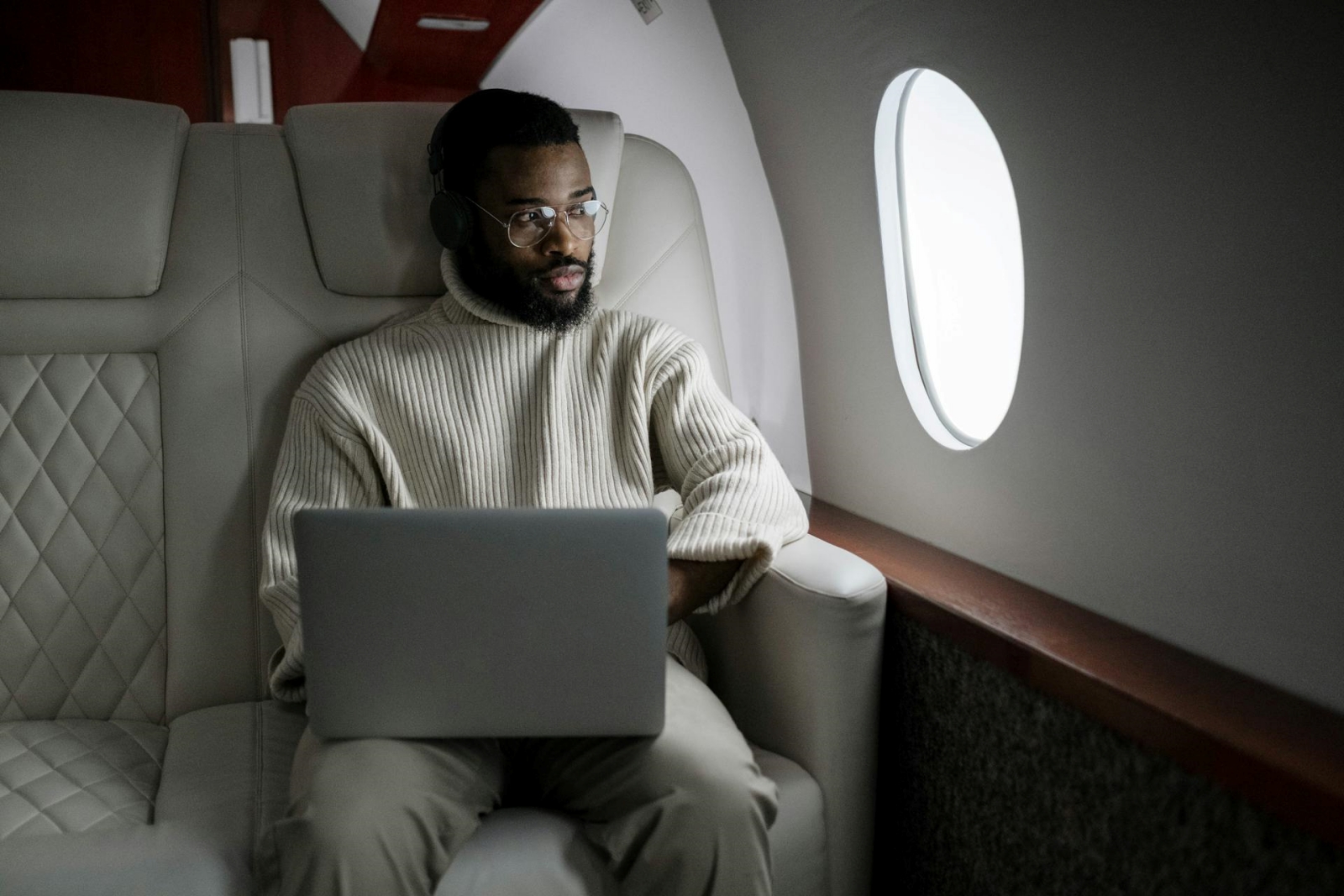
[ad_1]
In 2019 (before the pandemic), the business travel industry accounted for $1.4 trillion in global spending. While 2022 spending was still lagging due to pandemic recovery ($1.03 trillion), the Global Business Travel Association (GBTA) predicts business travel spending will surpass pre-pandemic levels in 2024 and continue to grow to $1.8 trillion in 2027.
With so much being spent, the business travel market is a significant economic force. Not only does corporate travel inject money into the tourism industry and local economies, it also leads to improved productivity and profits. Even in the world of Zoom and telecommuting, the need for business trips isn’t going away anytime soon.
It’s telling that companies carve out a significant budget for corporate travel spending. Clearly, there is an expected return on investment for companies to be willing to make the spend, especially since the average business trip is often more expensive than leisure travel.
According to the ACCOR Business of Travel Report, business professionals expect 25% more revenue generated from traveling for in-person collaboration over virtual meetings.
It’s worth understanding how much is spent on business travel, where that money goes, and when companies decide business travel is worth it.
Here are the key business travel spending statistics to understand the economic impacts of the business travel industry.
Business Travel Spending by Country
Global business travel spending is highly concentrated in a few countries with industrial economies, with China and the United States far outpacing the rest of the world.
Here are the top 15 countries for business travel spending according to the 2023 Business Travel Index Outlook from the GBTA.
| Business Travel Spending by Country | |
|---|---|
| Country | Spending (Billions USD) |
|
China |
$361 |
|
United States |
$329 |
|
Germany |
$70 |
|
Japan |
$65 |
|
United Kingdom |
$44 |
|
France |
$42 |
|
Italy |
$34 |
|
South Korea |
$33 |
|
India |
$32 |
|
Brazil |
$28 |
|
Spain |
$25 |
|
Australia |
$24 |
|
Netherlands |
$23 |
|
Canada |
$23 |
|
Indonesia |
$17 |
It’s no surprise that, with a few exceptions, these same countries are also the highest ranked for GDP. Interestingly, Russia is the only country in the top ten for GDP that doesn’t appear on this list.
Business travelers are almost universally traveling within or between these 15 countries.
The rest of the world combined only adds $207 billion to the total global business travel spending. As with many other metrics, this shows how much the world’s economic activity and wealth is concentrated within a few regions. These 15 countries make up only about half the global population, but they account for 85% of the global business travel spending.
Business Travel Spending Categories
Business travel can be broken into several spending categories to see where companies are spending the most money. The chart below shows the total 2022 spending across five categories according to the GBTA.
|
Category |
2022 Spending (Billions USD) |
|
Other |
$121 |
|
Lodging |
$395 |
|
Ground Transport |
$138 |
|
Meals |
$191 |
|
Airfare |
$183 |
It’s easy to assume that airfare would be the leading expense for business trips. In reality, it’s only third on the list after lodging and meals. Lodging is the largest spending by far for corporate travel, accounting for more than double the amount of any other category.
Business Travel Spending vs Leisure Travel Spending
While business travel is a large industry, leisure travel is even bigger. The table below shows total travel spending divided between business and leisure travel according to Statista.
| Leisure Spending | Business Spending | |
|
United States |
75.4% |
24.6% |
| China | 84.4% |
15.6% |
|
Germany |
83.8% | 16.2% |
| United Kingdom | 70.8% |
29.2% |
|
Japan |
83.8% | 16.2% |
| France | 84.0% |
16.0% |
|
Mexico |
95.0% | 5.0% |
| Italy | 83.6% |
16.4% |
|
India |
95.3% | 4.7% |
| Spain | 88.1% |
11.9% |
| Brazil | 90.8% |
9.2% |
On average, only 15.2% of travel spending comes from business travel. 84.8% is from leisure travel.
However, that breakdown is not consistent across all travel industries. Hotels, dining, and tourist activities generally make much more money from leisure travelers, but many airlines actually earn a larger percentage of revenue from business travelers.
According to Investopedia, only 12% of airline passengers are business travelers. However, because business travelers pay higher rates, more often book last-minute, and are more likely to fly first class, they can account for up to 75% of airline profits.
While many leisure travelers try to save as much money on airfare as possible, corporations are often more likely to spend extra for upgraded business travel comfort.
Research from Business Traveler found that 33% of international business travel flights are in premium class, and 13% of domestic business travel flights are in premium class.
While leisure travel is significantly larger, business travel spending is still a critical component of the travel industry.
[ad_2]

![Business Travel Statistics [2007-2024]: Market & Trend Data Analysis](https://traveleasynow.com/wp-content/themes/rehub-theme/images/default/noimage_70_70.png)



